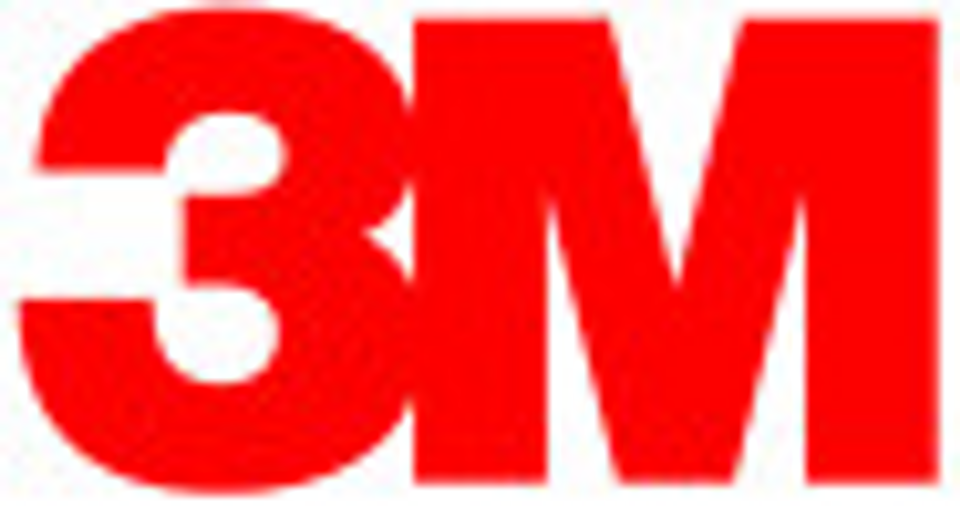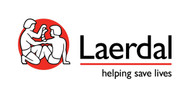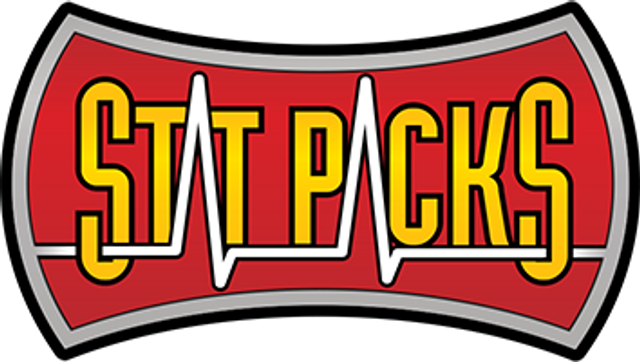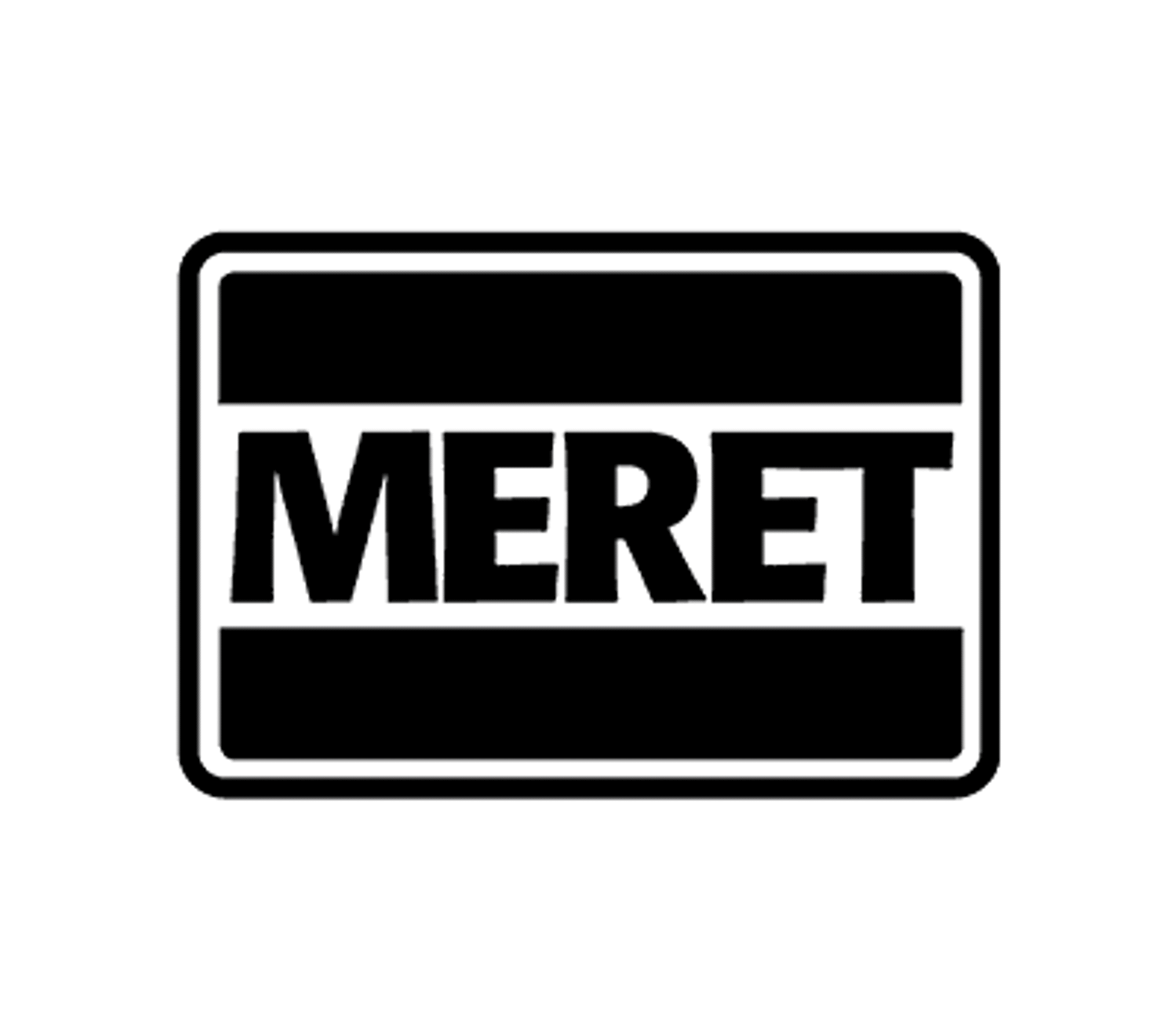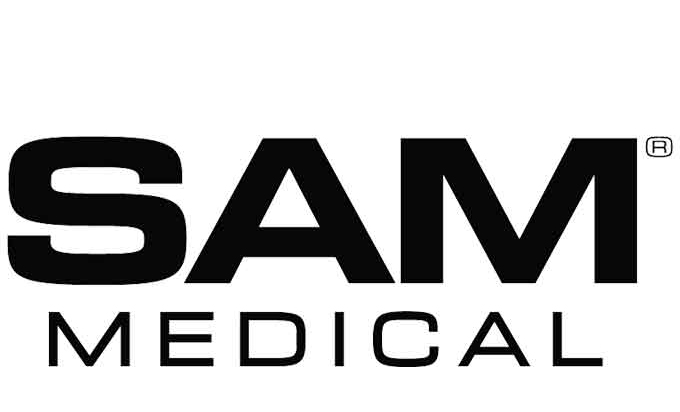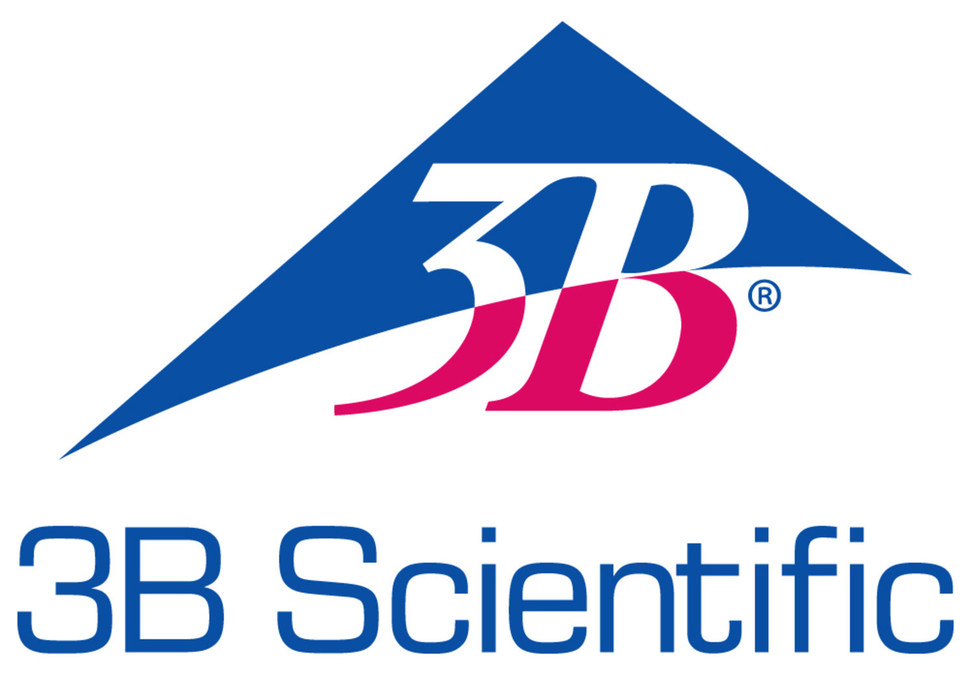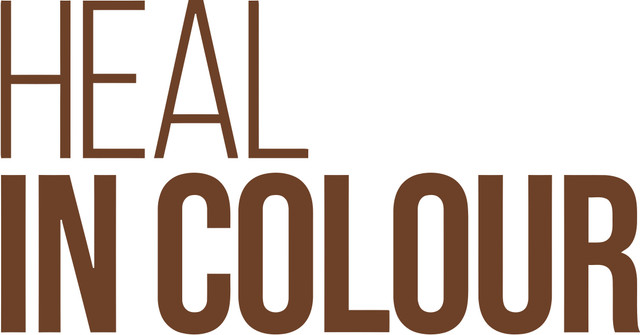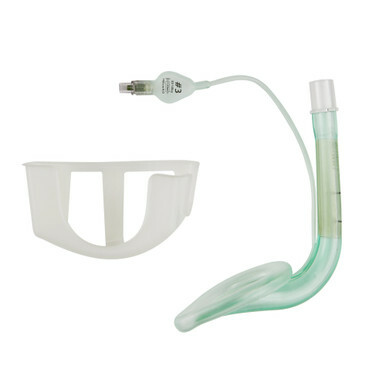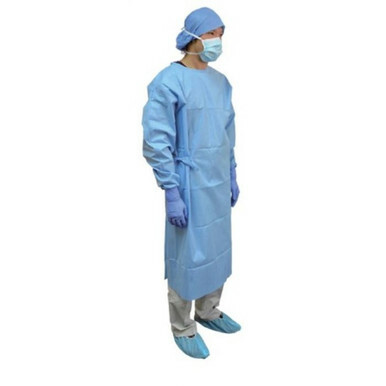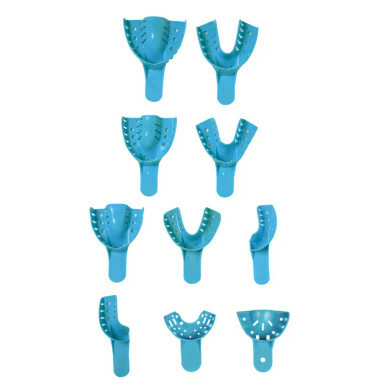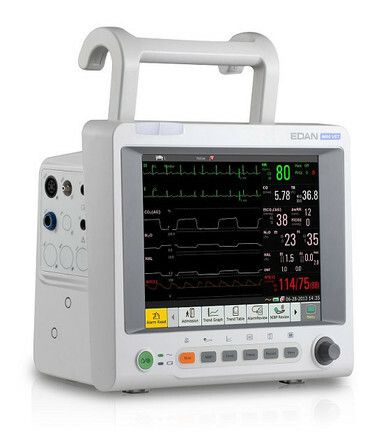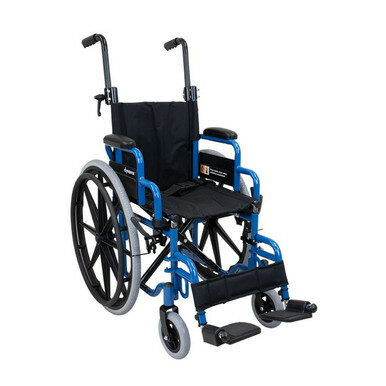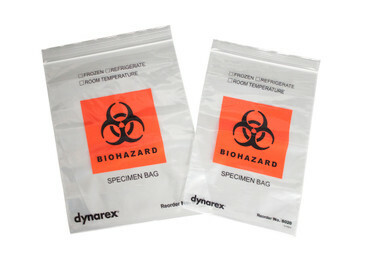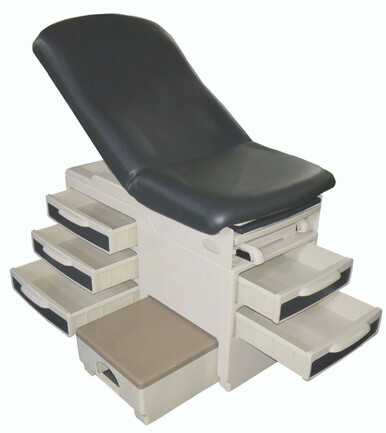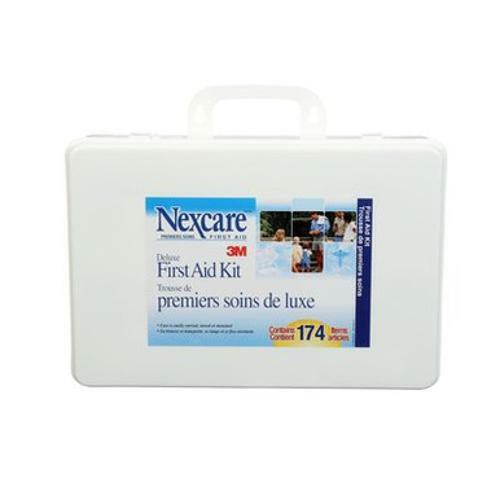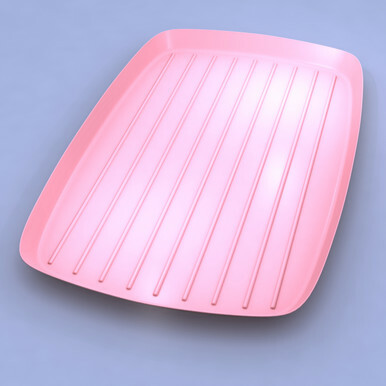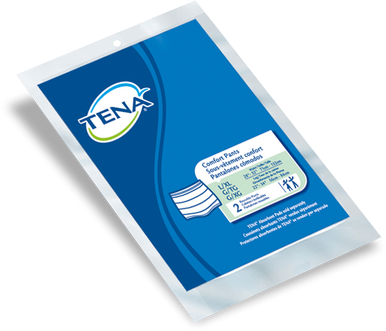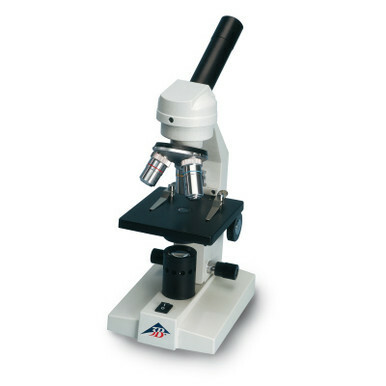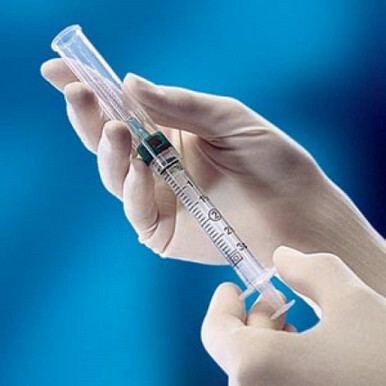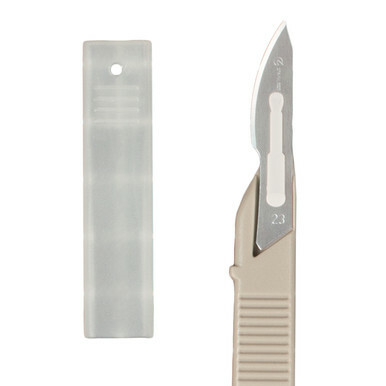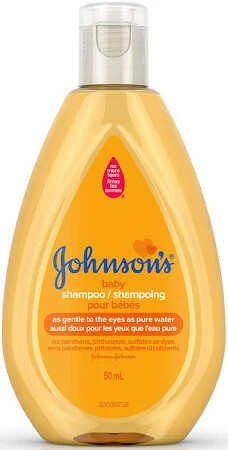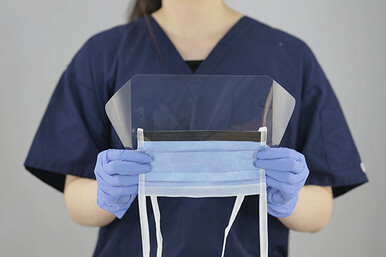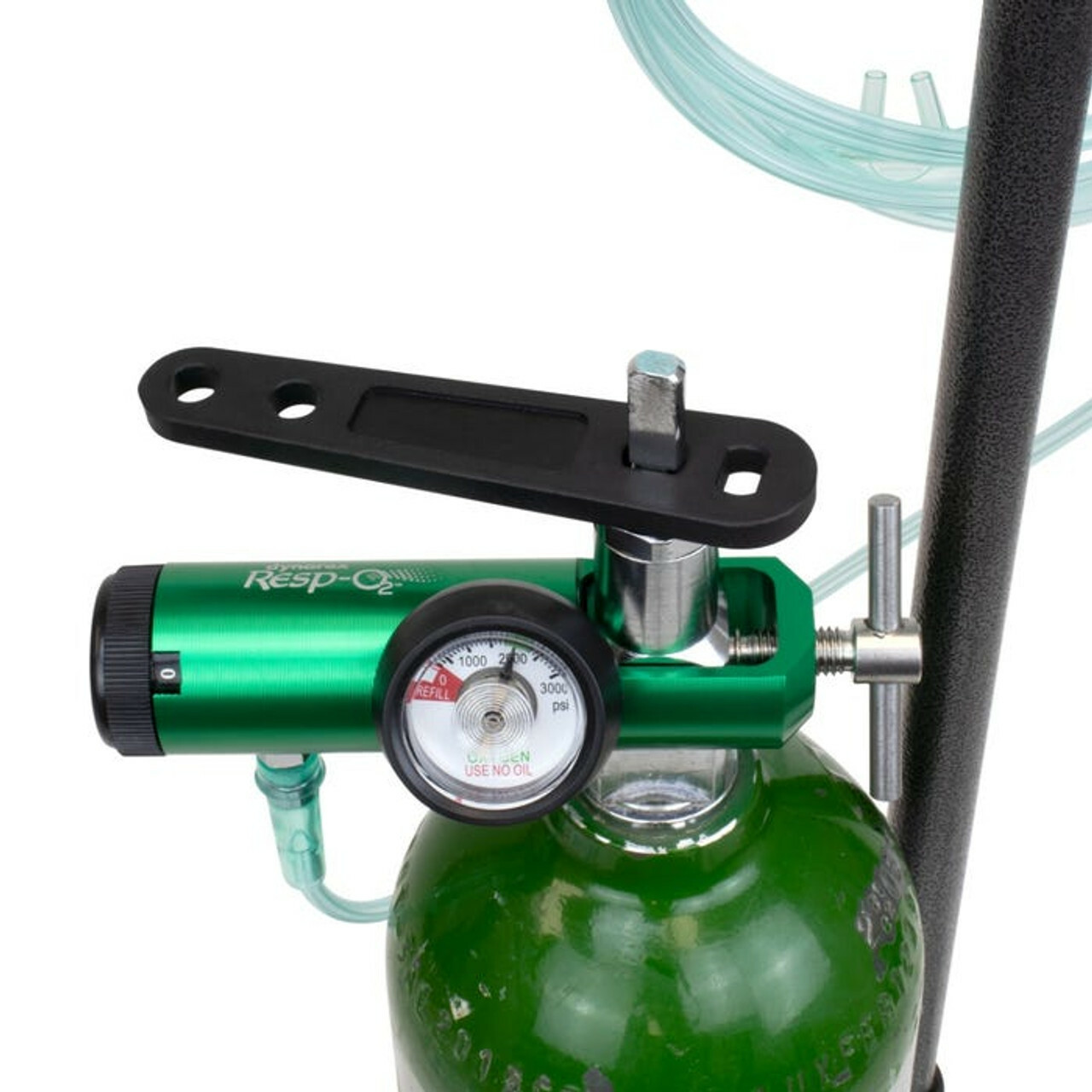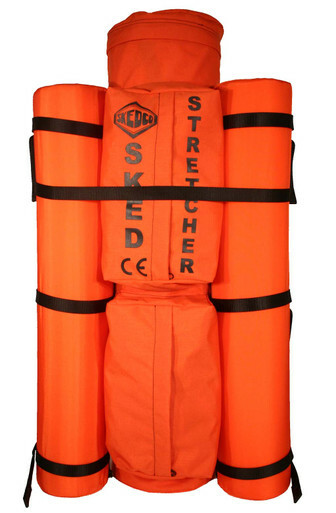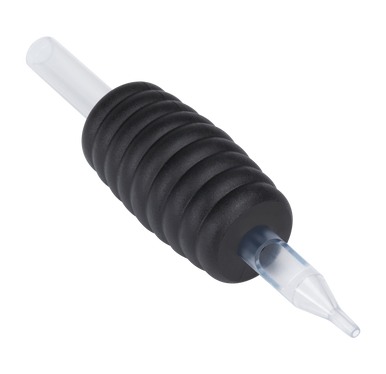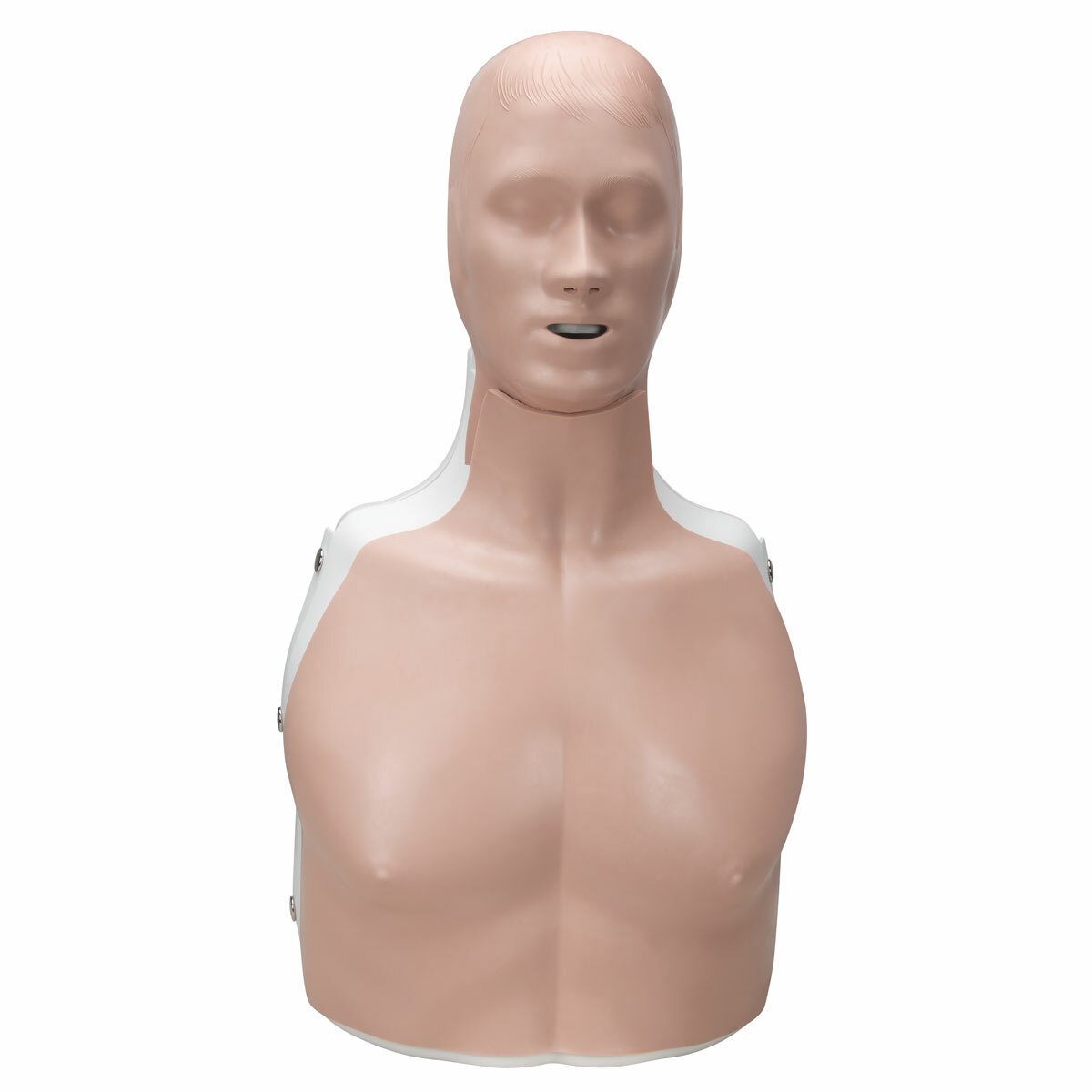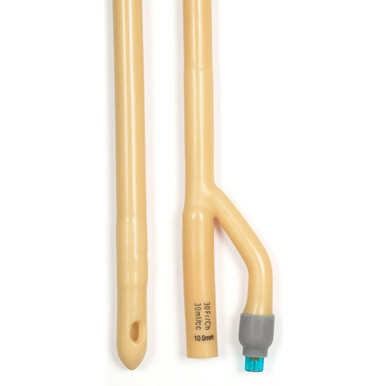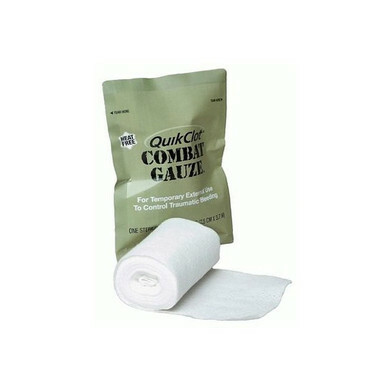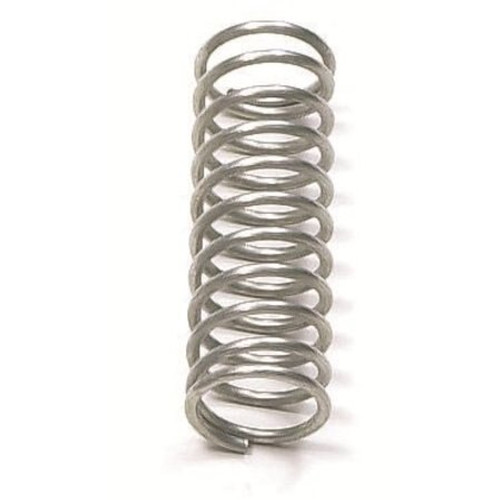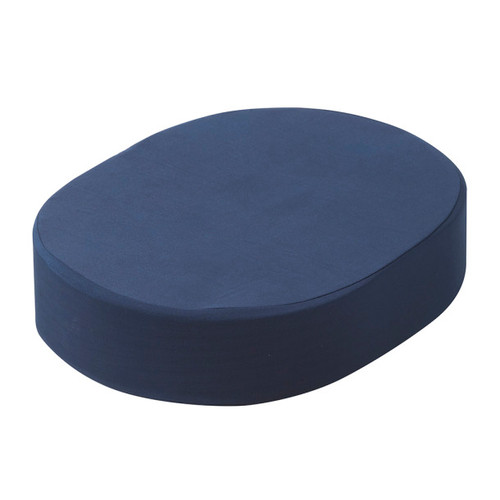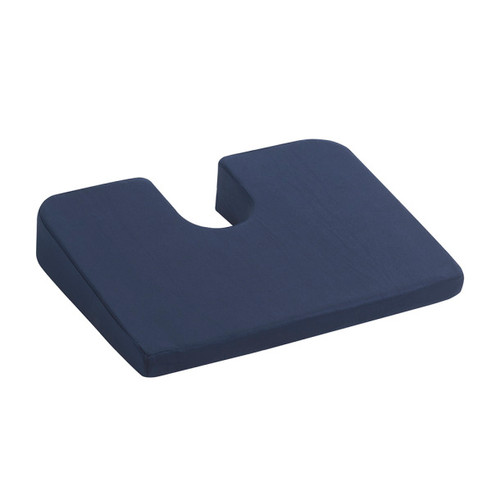Product details
For use with:
- Little Anne AED
- Little Anne QCPR
Bring the bounce back to your Little Anne with the Compression Spring 20510—the factory‑calibrated spring that powers realistic chest recoil, helping students master proper CPR rhythm and depth.
Why replace the spring?
After thousands of compressions, the original spring can fatigue, slowing chest rebound and skewing depth cues. Installing this OEM replacement ensures every push meets American Heart Association (AHA) standards and every release delivers the full recoil that promotes effective blood‑flow simulation.
Key features & benefits
| Feature | Training advantage |
|---|---|
| Precision‑wound steel | Maintains consistent force curve for accurate 5 – 6 cm (2 in) compression depth. |
| OEM calibration | Tuned specifically for Little Anne manikins—no guesswork or adjustments. |
| Corrosion‑resistant coating | Withstands disinfectants and humidity, extending service life in high‑use classrooms. |
| Tool‑free drop‑in fit | Swaps in under a minute; ideal for instructors rotating multiple manikins. |
| Smooth, quiet operation | Minimizes distracting squeaks, keeping learners focused on technique. |
Ideal users
-
CPR/BLS instructors refurbishing fleets between courses
-
Training centers maintaining strict AHA compliance
-
Schools, EMS academies, and corporate safety programs seeking long‑term manikin performance
Specifications
-
Part number: 20510
-
Material: High‑carbon steel, zinc‑plated
-
Free length: ≈ 85 mm (3.3 in)
-
Outer diameter: ≈ 30 mm (1.2 in)
-
Spring rate: Factory‑set to Little Anne standard (keeps adult compression force ~50 kg / 110 lb)
-
Compatibility: All generations of Little Anne CPR manikins
Quick installation
-
Open the torso shell and lift out the old spring.
-
Seat the 20510 over the chest post, ensuring ends align with retaining grooves.
-
Close the shell—your manikin is ready for lifelike recoil again.
Choose the Compression Spring 20510 to ensure every learner experiences authentic chest rise‑and‑recoil feedback, building confidence—and competence—in life‑saving compressions.

